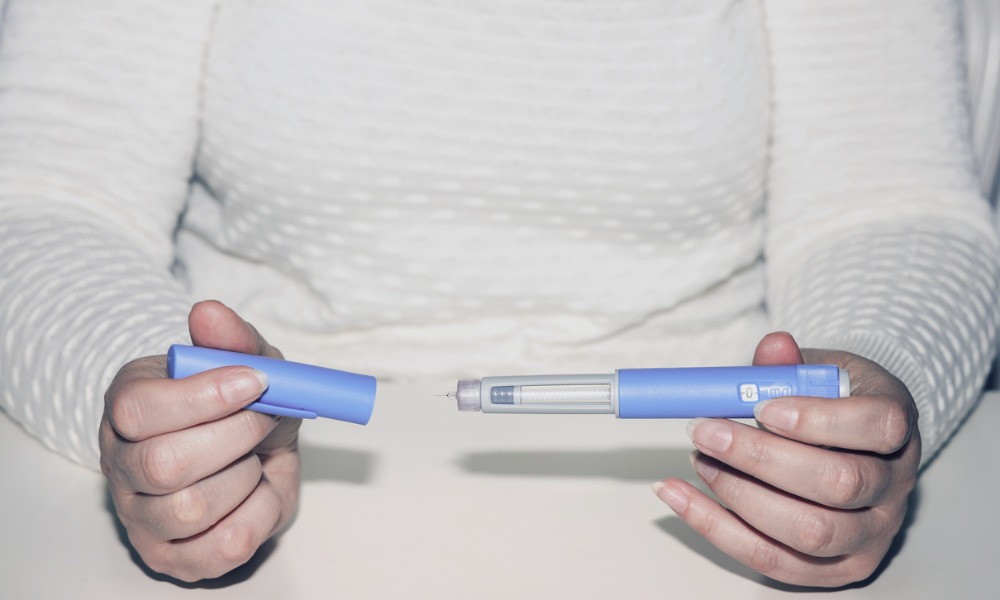As stocks plummet, WeightWatchers adapts to the pharmaceutical diet trend, promising growth

WeightWatchers, a global leader in weight-loss and diet programs since its inception in 1963, recently hit a significant downturn, with its stock reaching an all-time low.
This decline has led to speculation about the impact of new GLP-1 diet products, such as Ozempic, Wegovy, and Zepbound, developed by pharmaceutical companies Novo Nordisk and Eli Lilly.
These medications have gained widespread popularity for their effective weight loss results, overshadowing traditional diet brands like WeightWatchers and Jenny Craig, the latter having closed due to financial struggles.
Plan sponsors have been watching developments in Canada closely to the extent that diabetes – and by effect weight-loss drugs like Ozempic – are the priority for the benefits industry.
Amidst these challenges, WeightWatchers CEO Sima Sistani addressed employees in an internal memo, asserting the company's strong market position and dismissing media claims of its downfall as “breathless.”
Sistani emphasized the company's ongoing transformation and future growth prospects, highlighting a strategic pivot towards incorporating pharmaceuticals into their offerings. This shift includes the acquisition of the telehealth platform Sequence for $132m, signaling WeightWatchers' entry into prescribing weight loss drugs.
Oprah Winfrey, who has been associated with WeightWatchers since 2015 following a $43m investment and subsequent board membership, announced her decision to leave the board in February.
Despite her departure, Winfrey has remained vocal about her weight loss journey, incorporating WeightWatchers principles alongside the use of weight loss medications. Her continued endorsement of the brand's methods, despite utilizing pharmaceutical aids, underscores a blending of traditional dieting approaches with modern medical treatments.
The competition from pharmaceutical weight loss products has undeniably impacted traditional dieting brands, with Ozempic's approval in 2021 marking a significant turning point for WeightWatchers' market valuation.
Once boasting a peak market cap of $6.7bn in June 2018, the company has struggled to maintain its financial standing in the face of emerging dieting solutions.
Despite these obstacles, Sistani remains optimistic, challenging the narrative of decline and focusing on the brand's resilience and adaptability in the evolving weight loss market.



